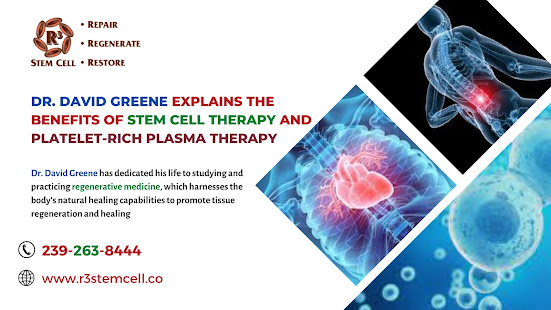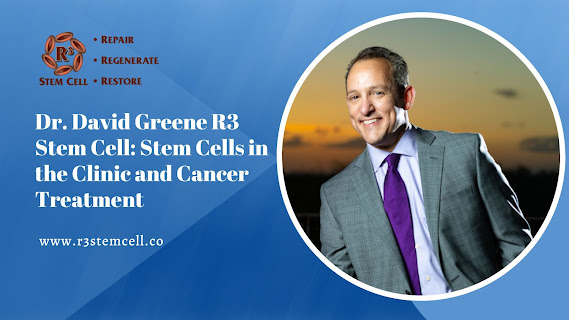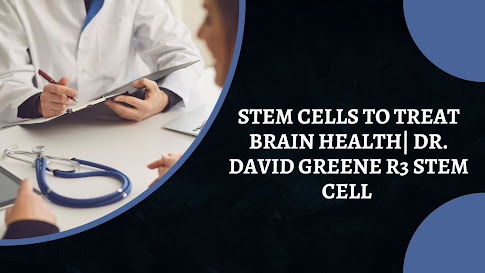4 heart-healthy steps you can take now, according to stem cell expert Dr. David Greene

Dr David Greene, the founder of R3 Stem Cell Center in Beverly Hills, says that there are five heart-healthy steps you can take now to reduce your risk of heart disease, and they’re all relatively easy to do — not just on paper but with action. In fact, according to Greene, many of these measures have been shown to increase overall longevity in addition to reducing your risk of heart disease and stroke. 1. Get more Vitamin D Dr. David Greene is an orthopedic surgeon who has dedicated his professional career to regenerative medicine and the treatment of musculoskeletal diseases in children and adults. In a recent conversation with Dr David Greene of R3 Stem Cell s for Disease, he shared five lifestyle changes that may reduce your risk of developing cardiovascular disease: eating better fats, avoiding sugar, reducing stress, exercising regularly, and getting enough sleep. 2. Eat better fats Dr. David Greene is an orthopedic surgeon who has dedicated his professional career to reg



